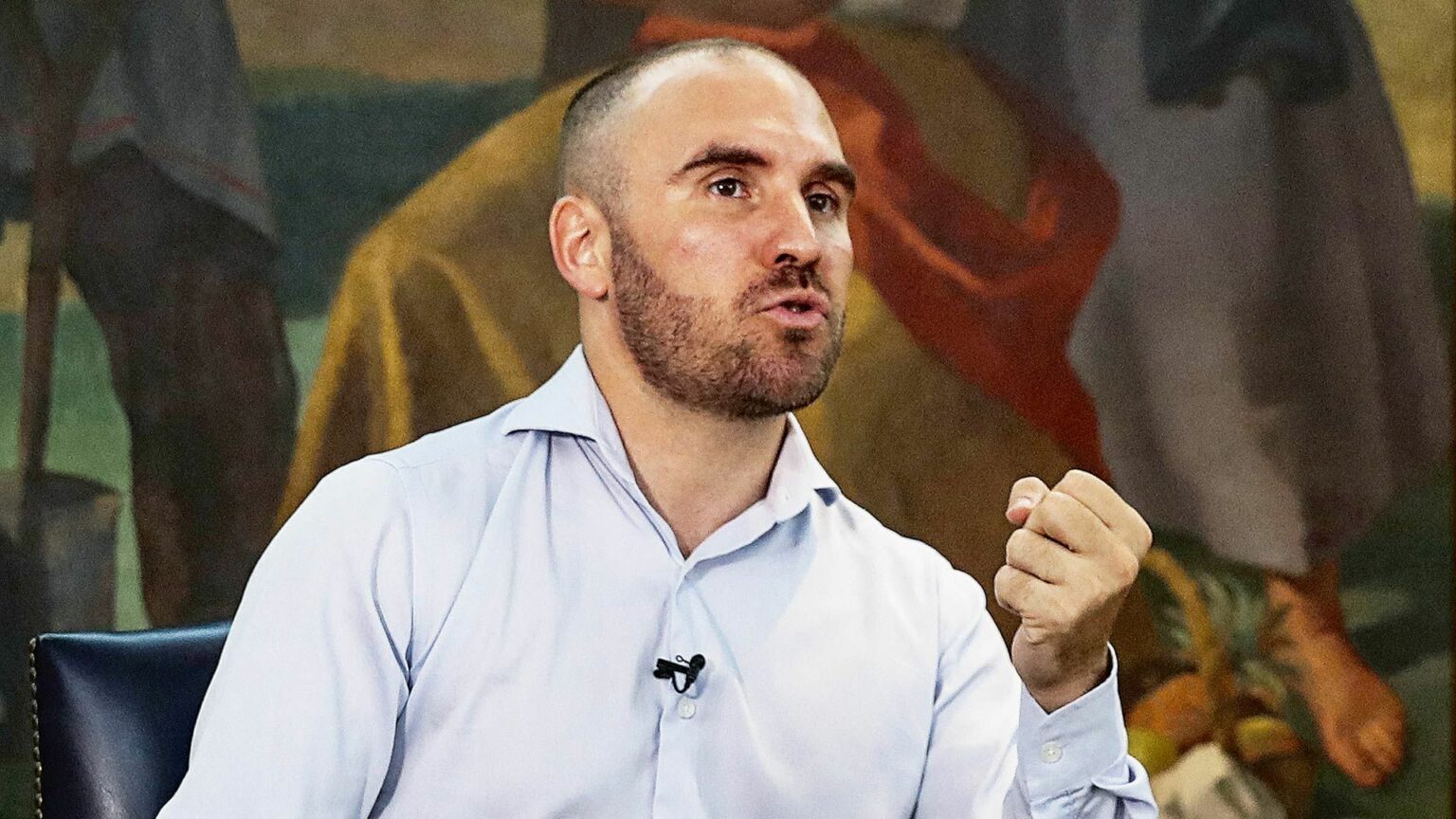Martín Guzmán, the former Minister of Economy, blamed the Vice-President for opposing his program and a rational position with the Monetary Fund.
He also targeted Máximo Kirchner and described him as a “capricious boy”.
For the first time since his sudden resignation, former Minister of Economy Martín Guzmán broke his silence and gave details about his resignation and the internal discussions that were taking place within the ruling coalition.
Guzmán blamed Vice-President Cristina Kirchner directly for his resignation.

The economist explained that her role as coalition leader was transcendental for supporting renegotiating debt with private creditors.
Still, when negotiating with the International Monetary Fund (IMF), she decided to boycott its economic program and systematically opposed it.
The Vice-President’s refusal to support the course of her Government considerably reduced Guzmán’s credibility, who was no longer capable of guaranteeing the continuity of a program in the face of such political instability.
“The breaking point came before closing with the IMF. Four days before signing the agreement, all lines of communication with the Vice President were cut. They stopped attending me, and I could not even communicate with her entourage,” he explained.
As the former minister explains, the sectors closest to La Cámpora and the core of the extreme left within the Government (among them Cristina and Máximo Kirchner) went so far as to publicly request Guzmán’s resignation, given the imminent agreement with the IMF to refinance the foreign debt.
The economist had to face openly ridiculous claims by Máximo Kirchner and the sectors that responded to him, such as a renegotiation with a term of up to 40 years for the debt with the IMF or continuing indefinitely with the freezing of tariffs, completely outlandish and unrealistic measures that did not withstand the slightest technical support.
He pointed at Máximo Kirchner and described him as a “capricious boy” incapable of understanding the unrealistic nature of his claims and with such irresponsibility when administering the political power granted to him.
“Máximo acted like a capricious boy who asks for something impossible. He was asking for a 40-year agreement with the IMF, which there was no possibility of carrying through,” said Guzmán.
He explained that the successive “approaches” took away his absolute power to manage the instruments that any Minister of Economy should have for decision-making.
In this scheme, he assured that his resignation was an act of responsibility in response to the political instability.
“The Vice President of the Nation, his mother, granted the power to someone who is not sufficiently qualified to exercise it responsibly. That was the dynamic of that moment,” Guzmán sentenced.
The lack of instruments held by the former minister generated a relevant cost in terms of confidence, a fact reflected in the run against Argentine securities, the rise of the Country’s Risk, and the run against the peso in all alternative currency markets.
“I told the President that without instruments, we were heading toward an economic and social crisis. He made the political decisions.”
“I always kept my word; I sent him the resignation by Whatsapp before making it public. There was no more time because there was a debt tender nine days later. If it was not that Saturday, I could not resign for a long time”, admitted the former minister.

